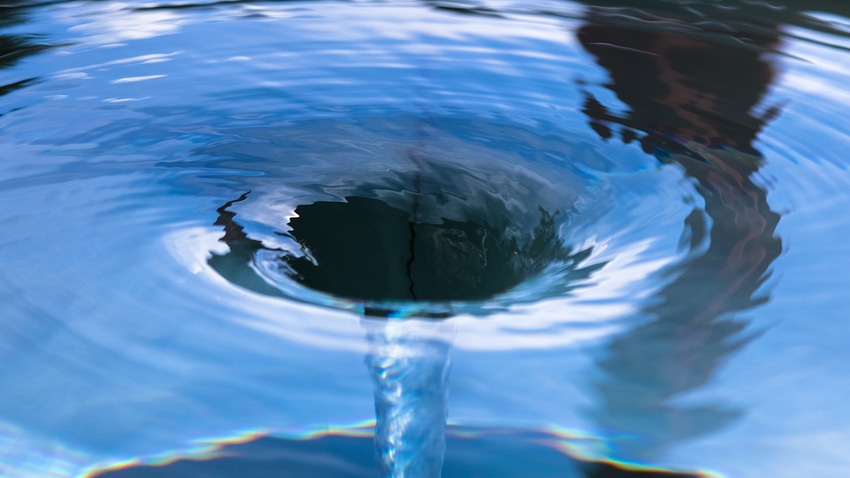Europe’s Plastics Industry in Dire Straits
Europe’s share of global plastics production caught in a downward spiral as China’s dominance grows.
March 20, 2024

Europe’s share of global plastics production dropped from 22% in 2006 to 14% in 2022, indicating a “growing competitiveness gap” between Europe and the rest of the world, according to an annual report released by Plastics Europe. During that same time frame, China’s shares increased from 21% to 32%.
"Our European plastics industry is in trouble," said Jean-Yves Daclin, the head of Plastics Europe operations in France, as reported by Barron’s.
How do you say understatement in French?
Root causes of Europe's decline
The findings are part of a report on the “Circular Economy for Plastics,” published by the association that represents the plastics industry in Europe. North America accounted for 17% of global plastics production in 2022 while the Middle East had a 9% share, according to the report. Europe’s decline is linked to China’s rise, clearly, but also to North American exports.
As we have noted in the weekly Resin Price Report column, ethane-based resin production in the United States is far more competitive than European or Asian naphtha-based production. US producers have ramped up exports taking advantage of the pricing advantage while curtailing supply domestically to shore up prices in the North American market.
Circularity goals threatened
If the current trend continues, according to the Plastics Europe report, “Europe will become increasingly dependent on imports, and its ability to invest in circularity and support the transitions of the many downstream sectors and value chain partners that rely on plastics will be undermined.”
The report includes a wealth of information on plastics production, including recycled plastics; the conversion of plastics into products and components; and import and export data. This year’s report also covers plastics derived from bio-based feedstock and chemical recycling for the first time. It can be downloaded free of charge from the Plastics Europe website.
About the Author(s)
You May Also Like




